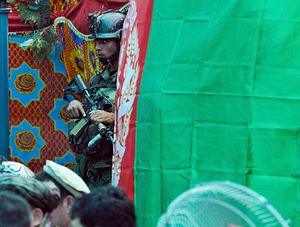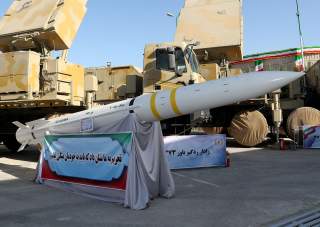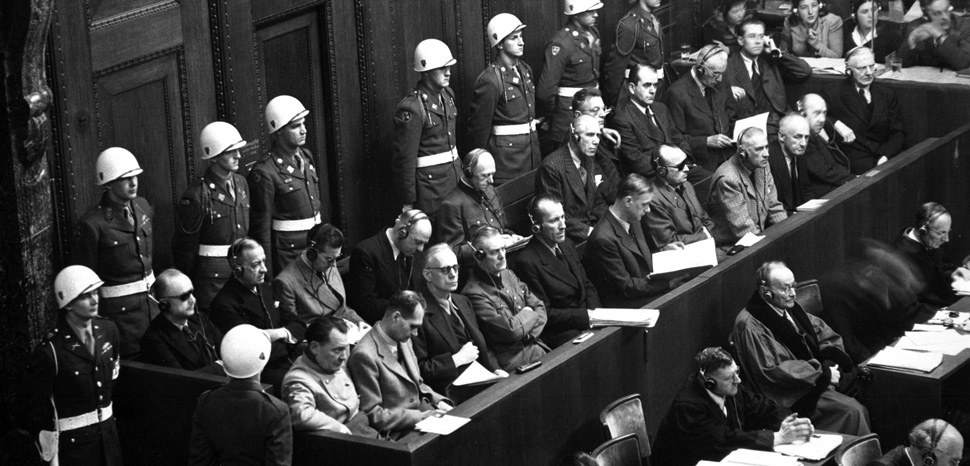By Deepak Unnikrishnan
 Iwas recently in Berlin to give a talk about my book, Temporary People, to a roomful of scholars whose work focuses on the countries of the Persian Gulf. Set in the United Arab Emirates, my fiction explores the lives of people like my parents, men and women who left their homes in the southern Indian state of Kerala in the 1970s to work abroad. It is steeped in the South Asian lingo of much of the UAE’s immigrant population. My stories dwell on the consequences of migration to the Gulf, on what that movement of people does to both home and host countries, to languages, and to families.
Iwas recently in Berlin to give a talk about my book, Temporary People, to a roomful of scholars whose work focuses on the countries of the Persian Gulf. Set in the United Arab Emirates, my fiction explores the lives of people like my parents, men and women who left their homes in the southern Indian state of Kerala in the 1970s to work abroad. It is steeped in the South Asian lingo of much of the UAE’s immigrant population. My stories dwell on the consequences of migration to the Gulf, on what that movement of people does to both home and host countries, to languages, and to families.
The day before the event, I had dinner with my European hosts. They surprised me by introducing themselves as “temporary people,” too, transplants from different countries and marginalized communities in Europe, now living and working in the largest economy of the European Union.
At first, I was a little taken aback by their description of themselves, however sincere. I was surprised that they related to me. I didn’t think we shared the same experiences. Did they have childhood memories of strangers noting their foreign nationality? Did they feel exposed by the color of their skin? And did they, like me, have a chip on their shoulder because they’d managed to jump social classes? As two European academics told me that they identified with Gulf migrants from South Asia, I thought that our backgrounds couldn’t have been more different.













/arc-anglerfish-arc2-prod-mco.s3.amazonaws.com/public/3BFJOB6RIRELHKWXZ6T6NSZSOM.jpg)